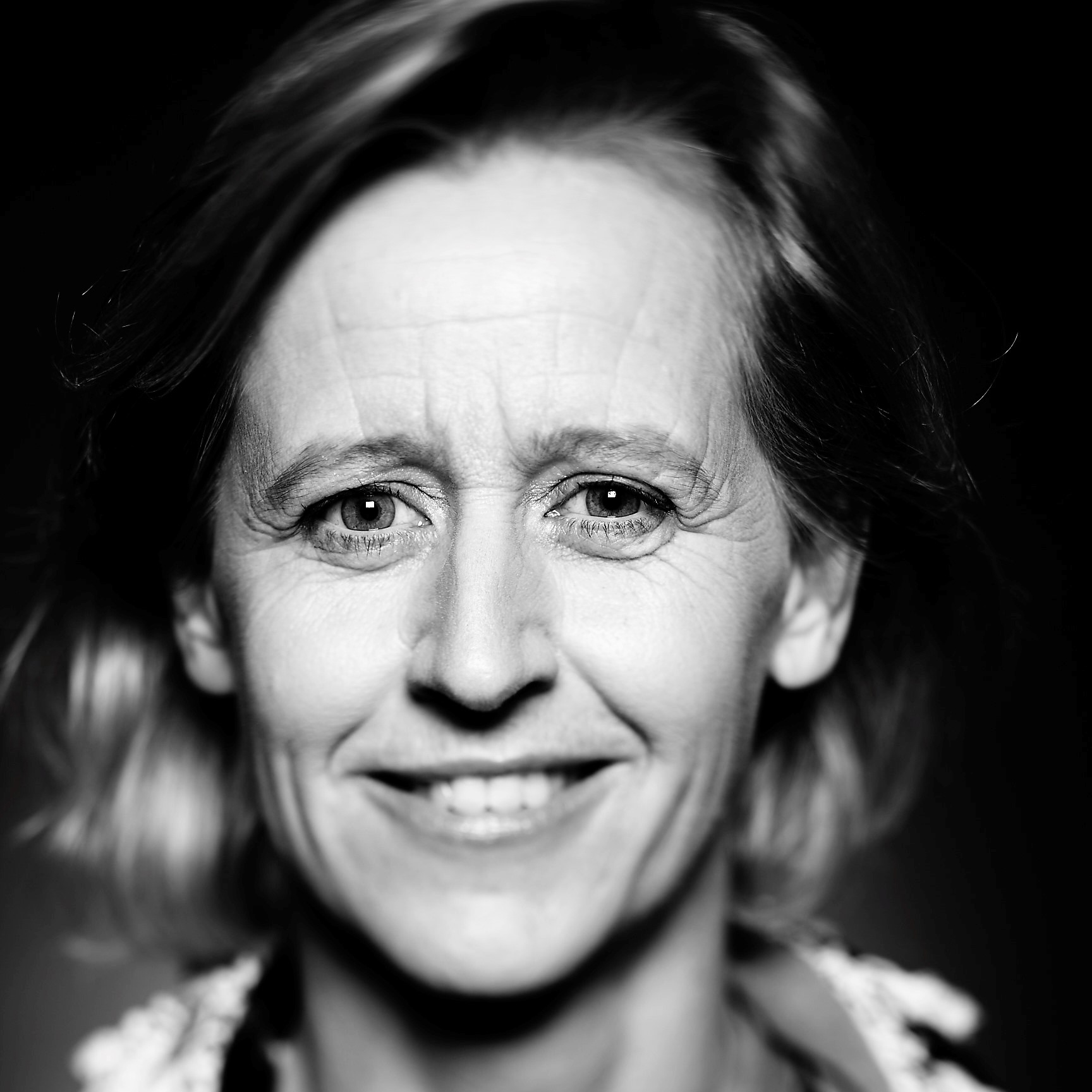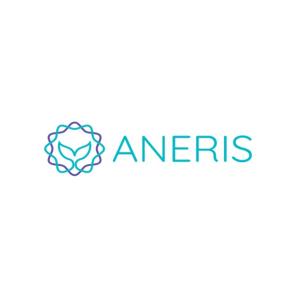 \
&
Contact us
\
&
Contact us
 \
&
Contact us
\
&
Contact us
The CETPartnership is a co-funded partnership, bringing together private and public stakeholders in the research and innovation ecosystems. CET Partnership aims to create and foster transnational innovation ecosystems and overcome a fragmented research and innovation landscape.
The common vision of the CETPartnership is already manifested in its Strategic Research and Innovation Agenda (SRIA) that has been co-created in a broad engagement process during 2020. This articulates the common goal of:
These goals are set in the framework of the EU Strategic Energy Technology (SET) plan.
Flanders Innovation & Entrepreneurship (VLAIO) is an active member in this co-funded partnership. The funding commitment by VLAIO (excluding the top-up by the European Commission) amounts to €1.000.000. A maximum of three projects is anticipated to be funded. The involvement of at least one private company (SME or large enterprise) based in Flanders is mandatory. A project can be awarded a maximum of €500.000 in funding.
Funding rates vary, from 35-60% for development projects to 60-70% for research projects.
Parties interested to participate in the CET Partnership calls in Flanders are highly recommended to get in touch with the VLAIO contact point, i.e. Frank Verschraegen, to avoid ineligible projects and consortia.
Partnerships group the EC and private and/or public partners, to coordinate and streamline the research & innovation initiatives and funding in some selected key domains.

Ria.debreucker@vlaio.be

Funded under Horizon Europe (HORIZON-INFRA-2022-TECH-01) and running from 2023 to 2026, the ANERIS project aims to tackle the rapid loss of ocean biodiversity. The project’s main objective is to develop, test and implement the next generation of scientific instrumentation tools and methods for sensing and monitoring marine-life. Another key concept of the project is the introduction of the concept of Operational Marine Biology (OMB) as a biodiversity information system. The project consortium consists of 25 partners from 13 countries. Read more about the project and the contribution of Flemish partner VLIZ in this testimonial.